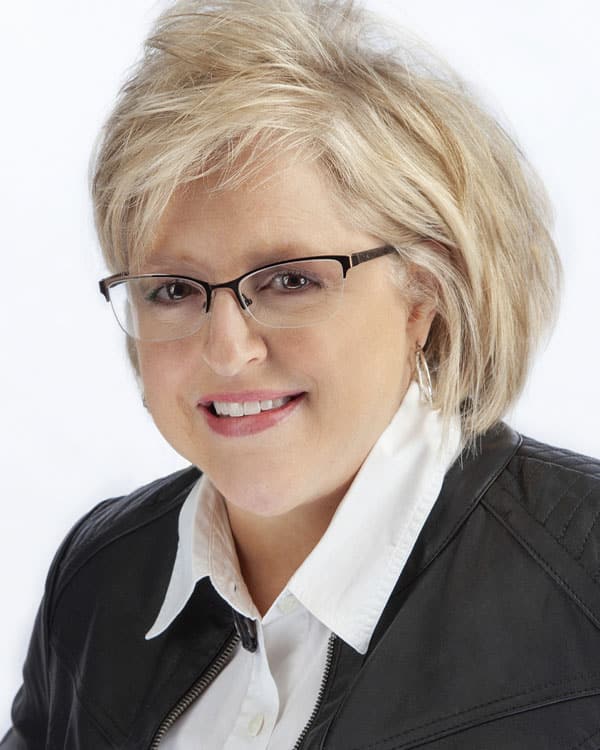Biggest Financial Investment
Making the decision to purchase a home is the biggest financial investment many people will make as an adult, takes a level of dedication and self-control, and years of planning to achieve. The most important factor in what size home you are qualified to purchase is your credit score. A high credit score tells lenders how likely you are to repay the loan and gives you more negotiating power with the seller when it comes to the sale price or other terms of the sale.
Higher Credit Score
A higher credit score makes you a low risk, whereas a low credit score will make getting approved harder and if you are approved you are likely to not receive as large of a loan as you would like and pay a higher interest rate on your loan. Even if you do get approved for a mortgage with a low credit score, you could have to put more money down, pay a higher interest rate, and pay more overall than someone with a better credit score buying the same house. If you are unable to put 20% down, you will be required to pay for private mortgage insurance (PMI), which is an additional monthly cost protecting the lender if you default on the mortgage.
The average age of first-time homebuyers is 36. This means by the time a potential homebuyer has their credit run for a home loan, they have had 18 years to use credit responsibly and get a better rate or use credit irresponsibly and not be able to secure any type of loan.
Many factors can lead to a low credit score.
- Late payments of 30, 60 days or more on credit cards, or current mortgage (just one 30 day late payment can lower your credit score by 30-100 points instantly depending on what the payment is towards)
- Repossession
- Foreclosures
- Bankruptcy (takes 7-10 years to fall off)
- Frequent hard inquiries on credit such as when you apply for a car or other type of loan or credit card (takes 2 years to fall off)
- Medical debt
- Collections/tax liens (takes 7 years to fall off)
-
Student loans (takes 90 days after paying off- these are the only loans that come back from collection)
Fix Poor Credit
To fix poor credit, listen to what your creditor or credit repair professional tells you to do and do that exactly as told. Straying from the plan will set you back to step one and could lead to further damage. Minor credit issues can be combated by establishing new, positive credit and settling bad debt. Settling the bad debt can fix your credit in as quickly as 7 days. Installment loans (such as personal loans) help create payment history but aren’t a tremendous help with increasing credit scores.
Secured Credit Card
If your oldest credit card is less than a year old, opening a secured credit card that reports to all three credit bureaus can help if used responsibly. A secured credit card (such as Ava) functions similarly to a certificate of deposit (CD), where you put a certain amount of money in the account and as you pay your bills you get the money back after the12 months. Asking someone with good credit to become an authorized user on a new account you open and they make payments on what they use can also help build credit.
It is important to keep several things in mind well before you think about taking out a loan for not only your first home, but every loan after that.
- If you know you are going to be late making a payment, call that creditor and ask for an extension ahead of time to avoid a ding on your credit.
- It will take you longer to raise a low credit score than it will to save the funds for your down payment.
- Only time and money can fix bad credit.
- Your mortgage professional cannot get rid of late payments in your credit history.
- A good rental history (paying on time) is a must.
Following these guidelines will help save you headaches when you are ready to purchase a home.





